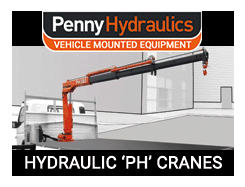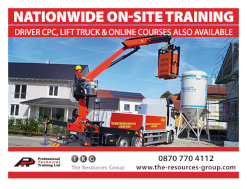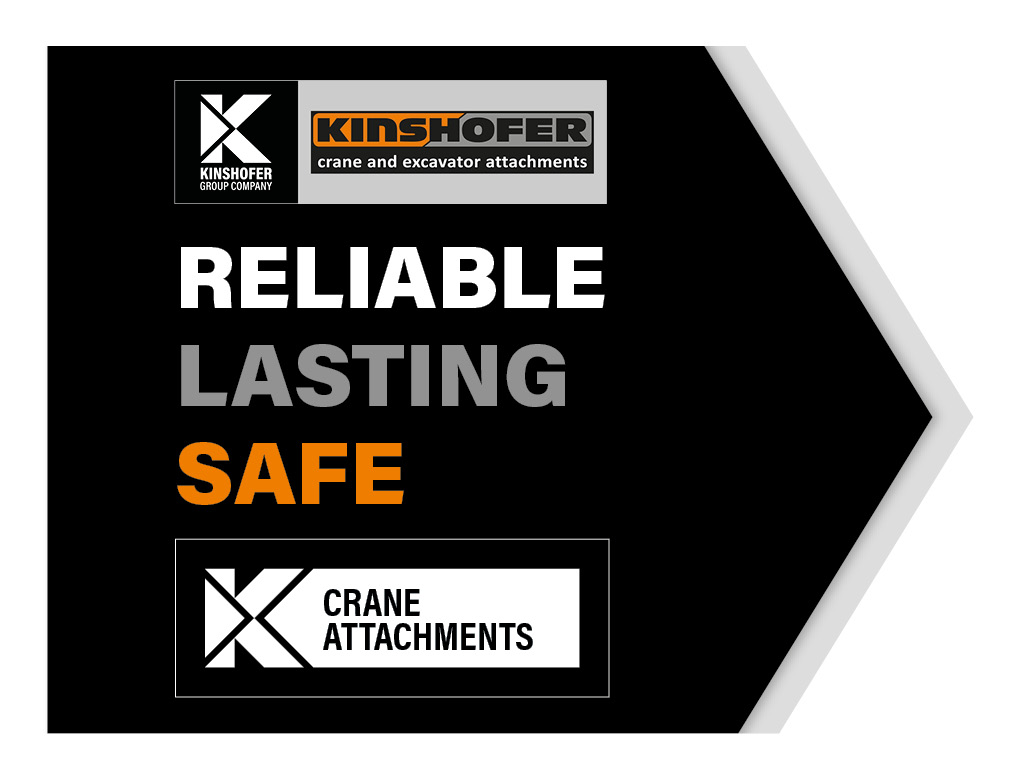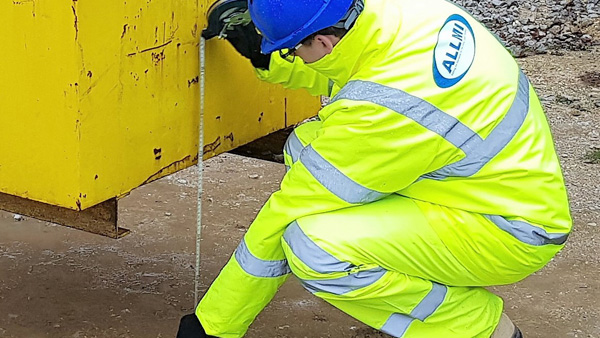
Coronavirus Guidance - Thorough Examination of Lifting Equipment
The HSE has issued further, expanded guidance regarding thorough examination and testing under LOLER during the Coronavirus outbreak.
The new guidance can be found here. Whilst ALLMI would encourage all industry stakeholders to read the document in full, a very brief, non-exhaustive summary is as follows:
- Guidance is provided on how inspection bodies may prioritise ‘businesses essential to the national infrastructure or to protect vulnerable groups in society, including; supporting the NHS; the energy networks; maintaining supply chains for food and key supplies, and ensuring protection of vulnerable groups such as those in social housing’.
- ‘All reasonable effort should be made to arrange thorough examinations within the statutory time limits’ (including ‘making reasonable attempts to source engineers from another provider’), but the HSE has recognised there may be circumstances where this is ‘difficult to comply with’.
- If no engineer can be sourced, a ‘robust, risk based approach to decision-making about….continued operation’ must be made. ‘If the conclusion is that the equipment cannot be used safely then it must be taken out of use’.
- ‘Duty holders should consider whether the plant or equipment should be removed from use, either ceasing that particular operation or using an alternative system of work, processes or piece of equipment. If these options are not feasible, then additional measures should be identified that are required to minimise any potential risks arising from continued use. Additional measures may include a robust inspection or extra maintenance by competent persons with management oversight. Agreement should be reached with the competent person in all instances’.
- Page 5 of the guidance note contains detailed advice regarding making such an assessment; and is illustrated by scenarios from page 7. ALLMI advises that any documented assessment would include recording responses against all of the bullet points on page 5.
With regard to enforcement:
- ‘Our usual enforcement response will be to take no action if the only failing is that TE&T is not carried out by the required date. However, equipment should only be used outside of its test regime, if the duty holder can demonstrate that it is critical for essential work and that it can still be operated safely. The duty holder must also be able to demonstrate that they have made all reasonable attempts to have the TE&T carried out, and they have made a thorough assessment of the increased risk and taken appropriate action to manage it. For the purposes of this guidance, essential work is work the Government have identified as critical to the COVID-19 response. This includes work in, or in support of, all the Government’s list of critical sectors.’
There is also some important advice for businesses that are currently closed:
- ‘Those duty holders with businesses that are currently closed due to Covid-19, can give an inspector access to undertake thorough examination work. In such situations the business is not reopening for its normal business activity, but to provide access to allow the thorough examination of plant. The general Covid-19 social distancing and hygiene controls should still be applied.’
- ‘The more that duty holders and the inspection industry can cooperate and maintain the regimes of TE&T the less impact there will be from plant having to be taken out of service or there being a sizeable backlog of work to be completed and the less delay in businesses reopening once Covid-19 restrictions are relaxed.’
It is recognised that many ALLMI manufacturer / service company members are offering cover for thorough examinations of this nature (i.e. for equipment involved in critical / essential work) and, therefore, that lorry loader fleet owners are unlikely to require a risk assessed approach. However, it is hoped that the above information is helpful and ALLMI is happy to be contacted for assistance with any practical interpretation, should the need arise.
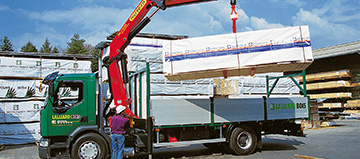 Manufacturers / Service Co.
Manufacturers / Service Co.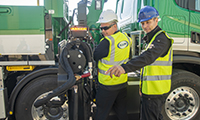 ALLMI Training
ALLMI Training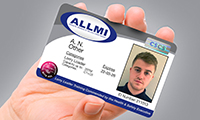 Verify a Card
Verify a Card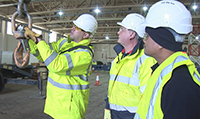 Find a Training Provider
Find a Training Provider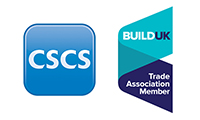 CSCS & Build UK
CSCS & Build UK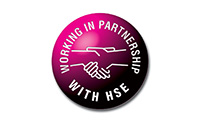 HSE Recognition
HSE Recognition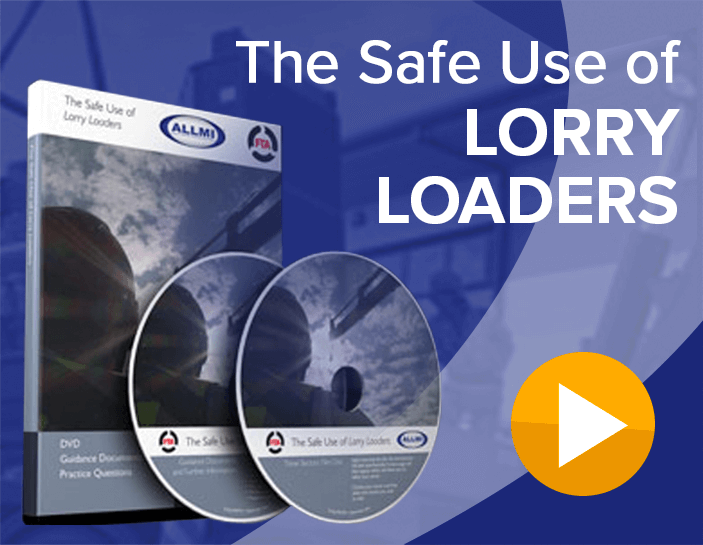 Safe Use of Lorry Loaders
Safe Use of Lorry Loaders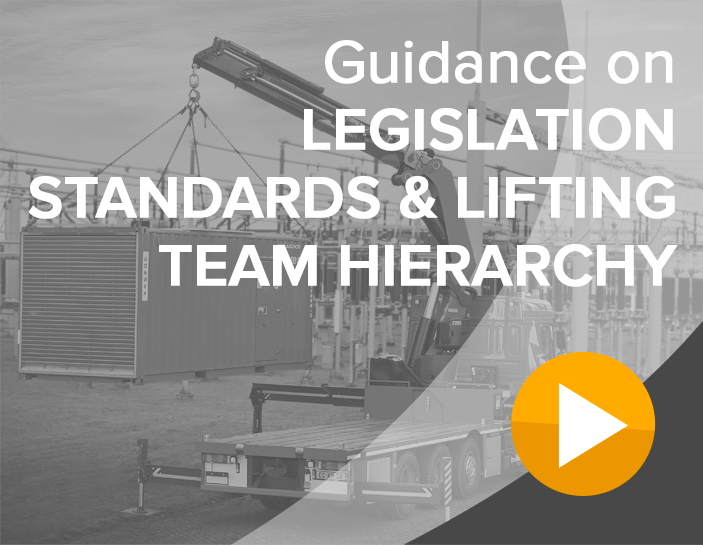 Legislation, Standards & Lifting Team Hierarchy
Legislation, Standards & Lifting Team Hierarchy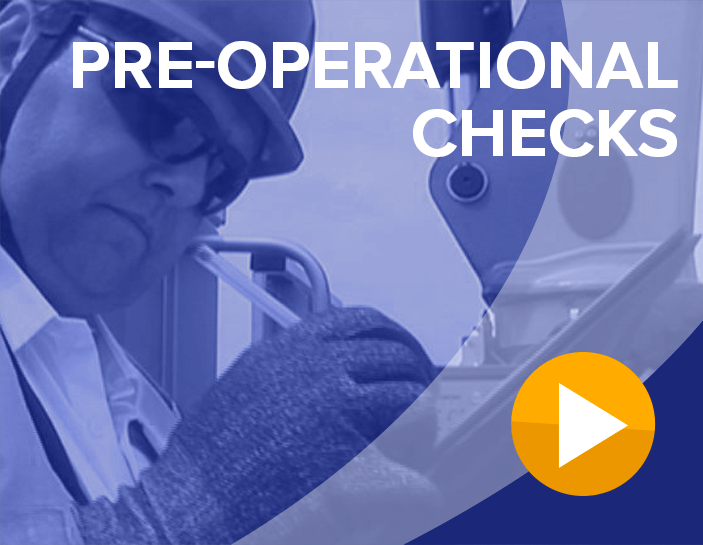 Pre-Operational Checks
Pre-Operational Checks 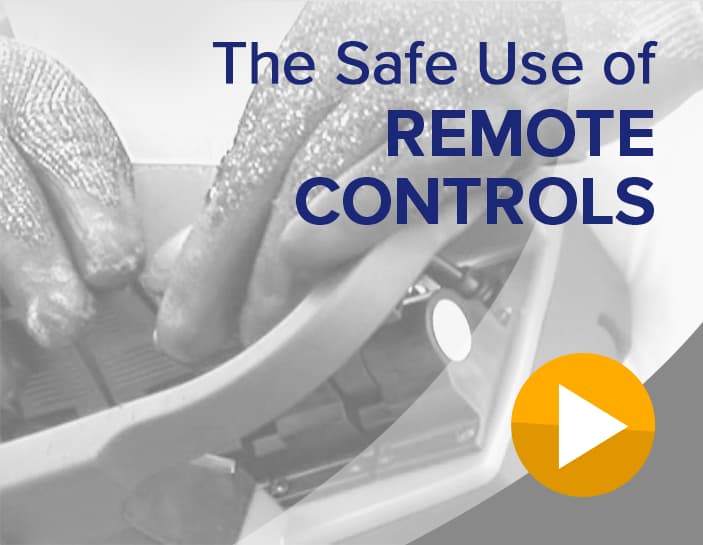 Safe Use of Remote Controls
Safe Use of Remote Controls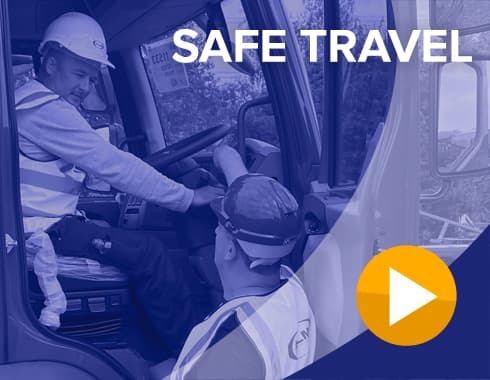 Safe Travel
Safe Travel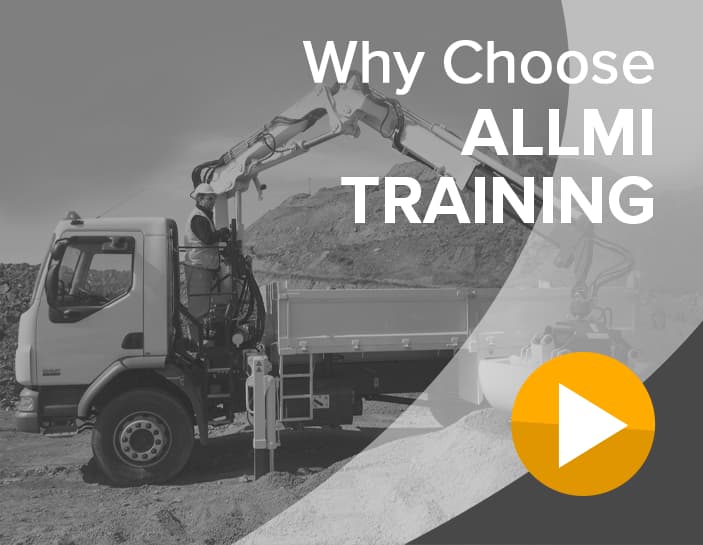 Why Choose ALLMI Training
Why Choose ALLMI Training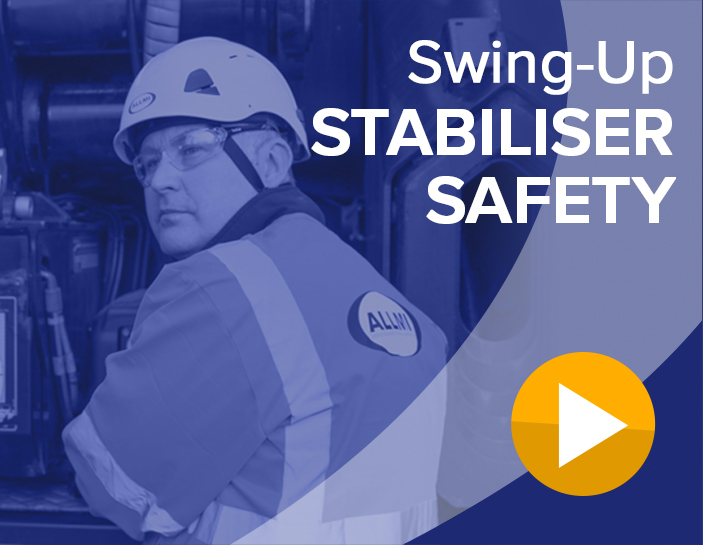 Swing-Up Stabiliser Safety
Swing-Up Stabiliser Safety